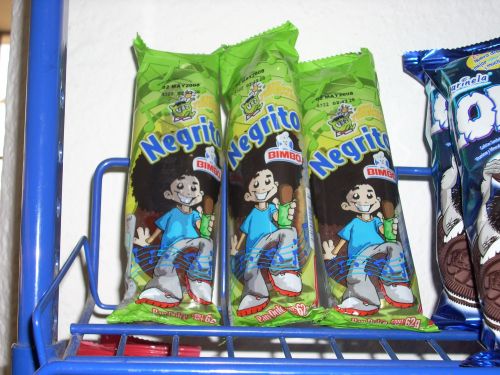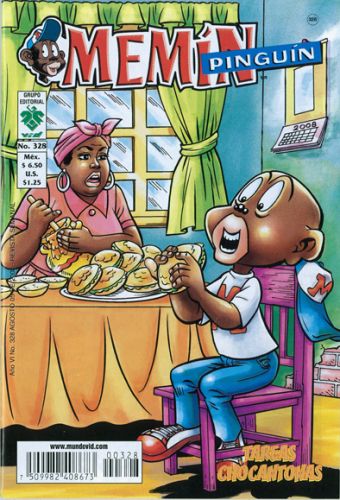"Negrito" and other terms of endearment
I’ve never met a Mexican who copped to being a racist. Some, particularly from the upper echelons, lament that their society is class-based, but argue that since nearly everyone is mestizo – with a mixture of Spanish and indigenous blood – therefore how could they be racist? Let’s just say that some people are more mestizo than others. The last Mexican to make this point to me has blond hair, blue eyes and alabaster skin. He speaks perfect English in the tones of Oxford, where he went to prep school as a boy.

So how do Mexicans explain the various pejorative words they use to describe people, such as franchutes for the French, gachupines for Spaniards or gringos for people from the U.S.? Or the derogatory remarks they make about Jews, Argentines, Cubans, as well as other national or ethnic groups? (For the record, nearly all Mexicans with whom I have broached the subject say they consider gringo to be an “affectionate” term.)

All black people – whether Nelson Mandela, Condoleeza Rice or 50 Cent – are referred to as a negritos around here. Negrito, literally translated, would mean something like “little blackie,” but is in spirit pretty close to the dreaded “n” word in the English language. This is presumably another “affectionate” term, so much so that a popular snack cake – chocolate, phallic-shaped and stuffed with cream – was given the same name, and a corresponding Afro-topped character to illustrate. The catchphrase for the cake is te dejará huella – more or less, “it will leave its shadow on you.”

The above is a cover from the comic book Memín Pinguín, named after the lovable tyke about to tuck into the hamburger. Memín was described by his creator, Yolanda Vargas Dulché, as un chiquitín negrito de ojos enormes y muy chistoso – “a very funny little negrito with enormous eyes.” Although she drew the comic between 1945 and 1952, the series has been perpetually reprinted, and beloved, to this day. In 2005, when the Mexican Postal Service printed stamps in honor of Memín Pinguín, they sold out within a matter of hours. Various U.S. politicians, including Jesse Jackson, complained, ensuring the historical place of the stamps as collectors’ items.